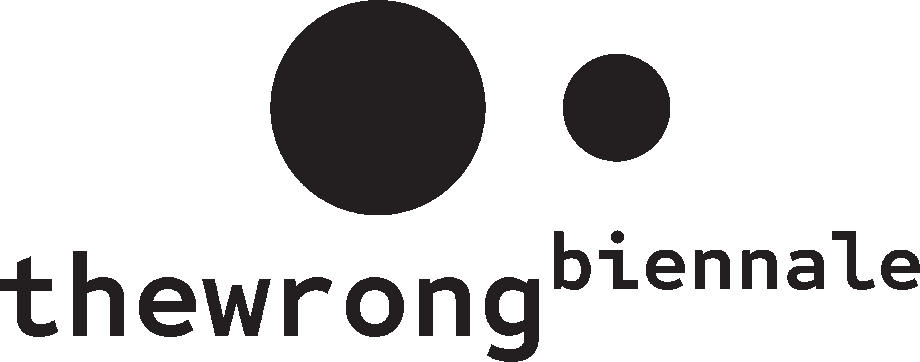In the face of growing global crises, it seems advisable to take a step back and revise existing paradigms of our thinking and acting. Ecological, systemic approaches and questions about diversity and sustainability are also becoming more and more urgent in terms of technology and digitization. The mur.at network of critical artists, programmers, designers amongst other humans tries to develop possible solutions through artistic, practical and discursive work. Local activities in Graz, Austria are paired with global networking and exchange with mutual organisations, festivals and collectives. Worklab sessions, open virtual residencies, discussion rounds and group work result in the online exhibition "When paradigms collide" bringing together creative interventions that re-evaluate our status quo, question current systems and propose new perspectives for possible, highly speculative and anticipated preferrable futures. Featured artists include: Fabian Kühfuss, Azahara Cerezo, Budhaditya Chattopadhyay and collectives FormatC/Hacklab01 (Dina Karadžić (FormatC), Vedran Gligo (Hacklab01), Dreaming beyond AI (Nushin Yazdani, Meera Ghani, Sarah Diedro Jordão, Ivo Bisseck, R. Buse Çetin). All works are under development in close cooperation between the artists and mur.at starting in 2021 with the "Pradigmenwechsel | Paradigmshifts" program. The online exhibition is part of TheWrong new digital art biennale 2021.
about
Since 1999 mur.at runs an DIY and artistic datafarm in Graz (Austria),
serving webhosting for the arts/culture sector and promoting
media/net/digital art with yearly worklabs, residencies, publications
and exhibitions. Mur.at strongly advocates Open Source Software and
Hardware and the sharing of knowledge in workshops and skillsharing
sessions with the mur.at-community.
Organizer & curation:
Andreas Zingerle
Design & Programming:
Juan Linares Ceballos
























